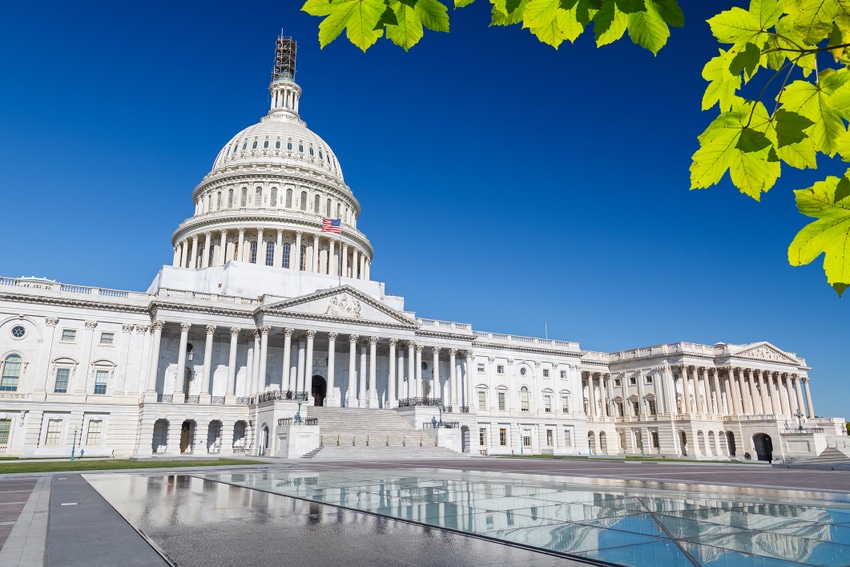Republican bill reasserts power to Congress on regulating bodies of water.

In late 2018, the Trump Administration’s Environmental Protection Agency (EPA) released a proposed rule to replace the Obama Administration’s 2015 WOTUS rule. Two Republican senators have introduced Define WOTUS Act that would codify a definition of “Waters of the United States” and reassert Congressional responsibility to define this important term.
“The Obama-era WOTUS rule threatened Iowa’s farmers, manufacturers, and small businesses by giving the federal government authority to regulate water on 97% of land in our state,” said Sen. Joni Ernst (R., Iowa), one of the original cosponsors. “President Trump and his administration have taken tremendous steps to roll back this overreaching regulation and provide for more certainty with a new, clearer definition of WOTUS.
“But it’s the job of Congress to make a new, reasonable definition permanent, and that’s what this bill does—it ensures more predictability and workability for Iowans for years to come,” Ernst said.
The definition in the Define WOTUS Act also makes substantial improvements over various administrative attempts to define the term by clearly outlining what is, and is not, a federally regulated waterway.
Similar to EPA’s rule, the Define WOTUS Act provides much greater certainty to American farmers, workers, businesses and landowners, a statement from Ernst’s office said. “It gives landowners clear guidelines by which they can go out on their land and clearly determine what is regulated by the EPA and what is not.”
Because Congress is not restricted by various rulemaking statutes, the Define WOTUS Act provides a clearer definition with more obvious safeguards to protect against a “runaway bureaucracy,” Ernst’s statement added.
Jon Devine, director of federal water policy at the Natural Resources Defense Council, criticized the bill. “This bill would gut the Clean Water Act even worse than the Trump administration’s reckless and wildly unpopular proposal earlier this year. It’s a recipe for letting polluters around the country off the hook and forcing communities to bear the costs of contaminated waterways and destroyed wetlands. Americans have a right to clean water. We deserve better from members of Congress and the Trump administration than parroting polluters’ bogus claims,” Devine said in a statement to Feedstuffs.
About the Author(s)
You May Also Like




.png?width=300&auto=webp&quality=80&disable=upscale)
